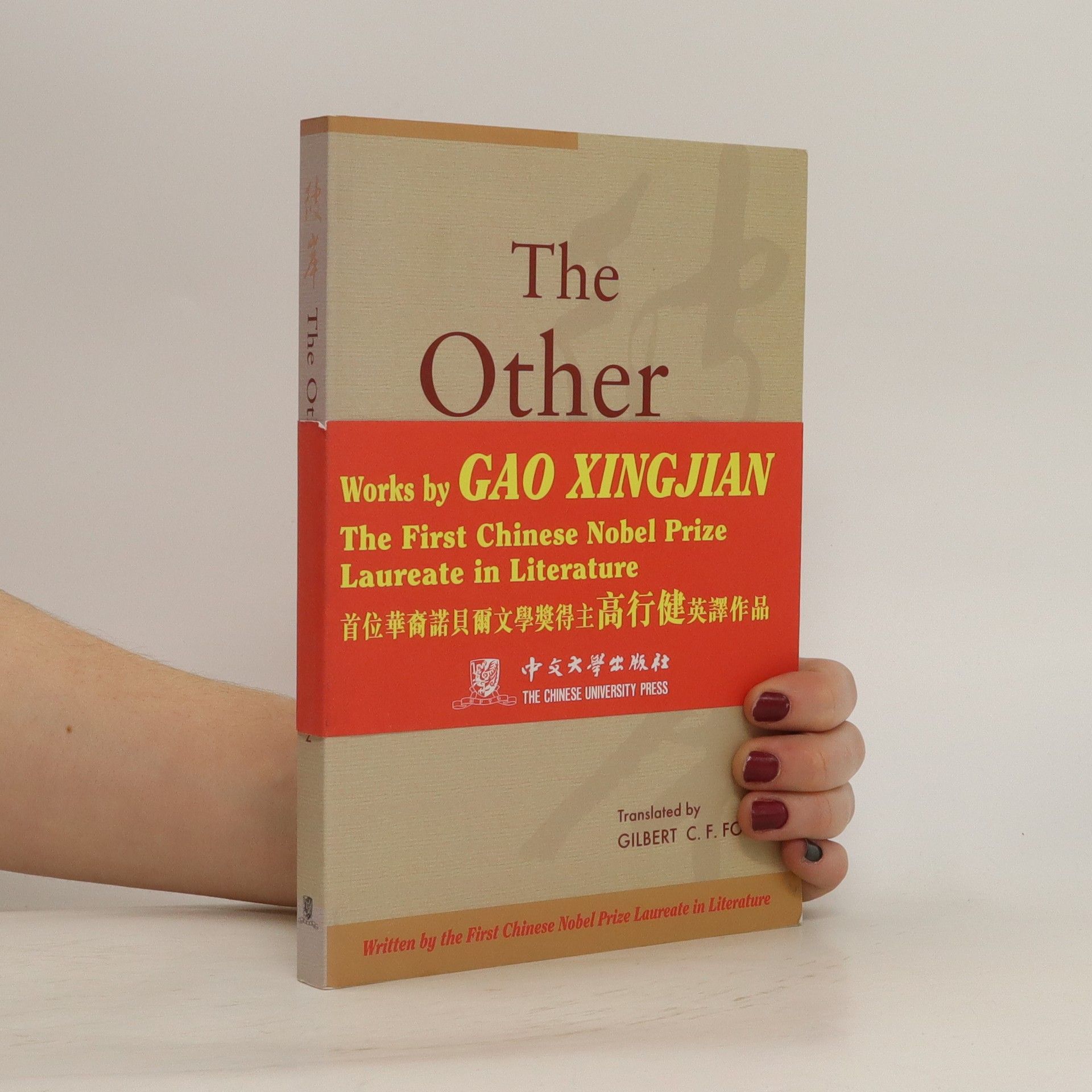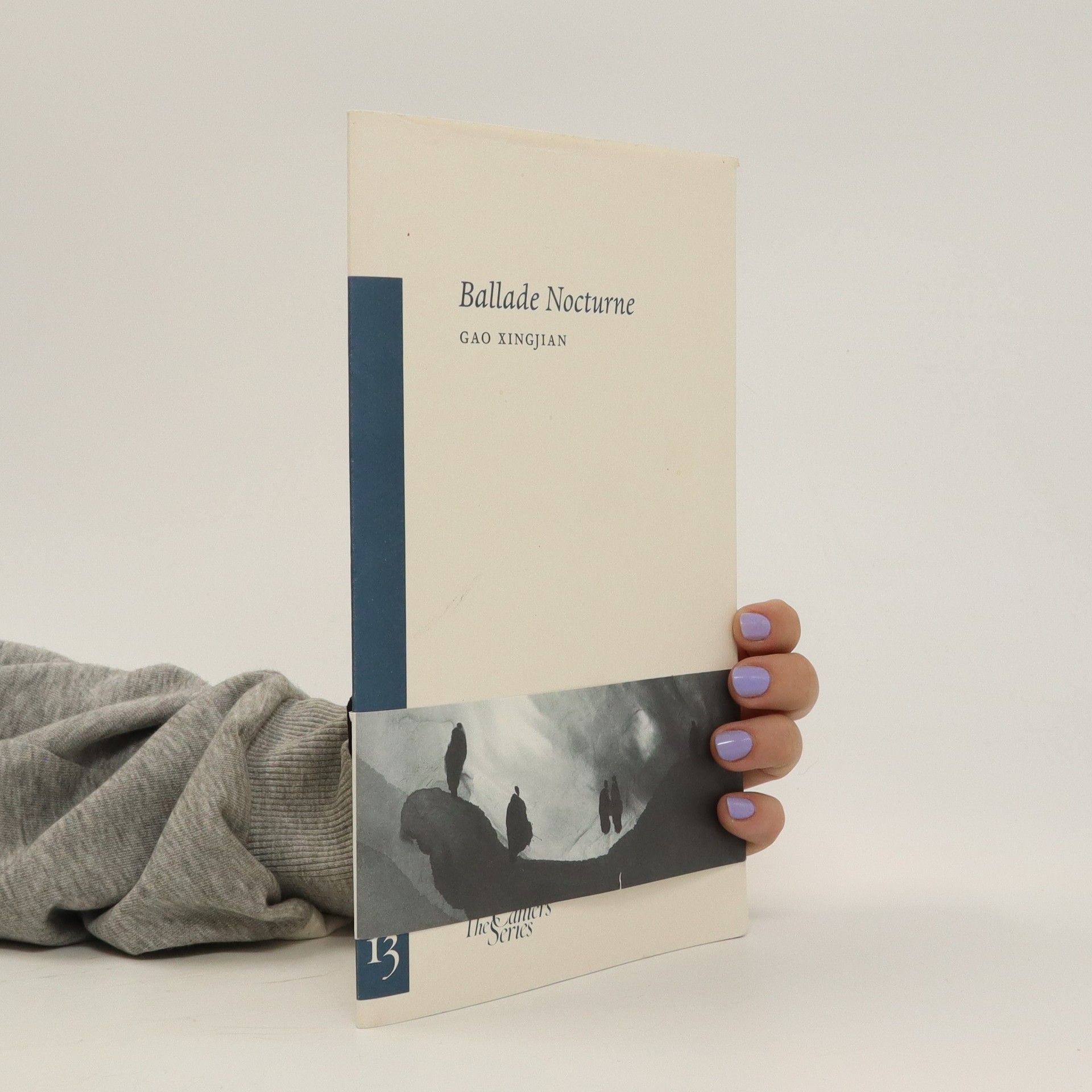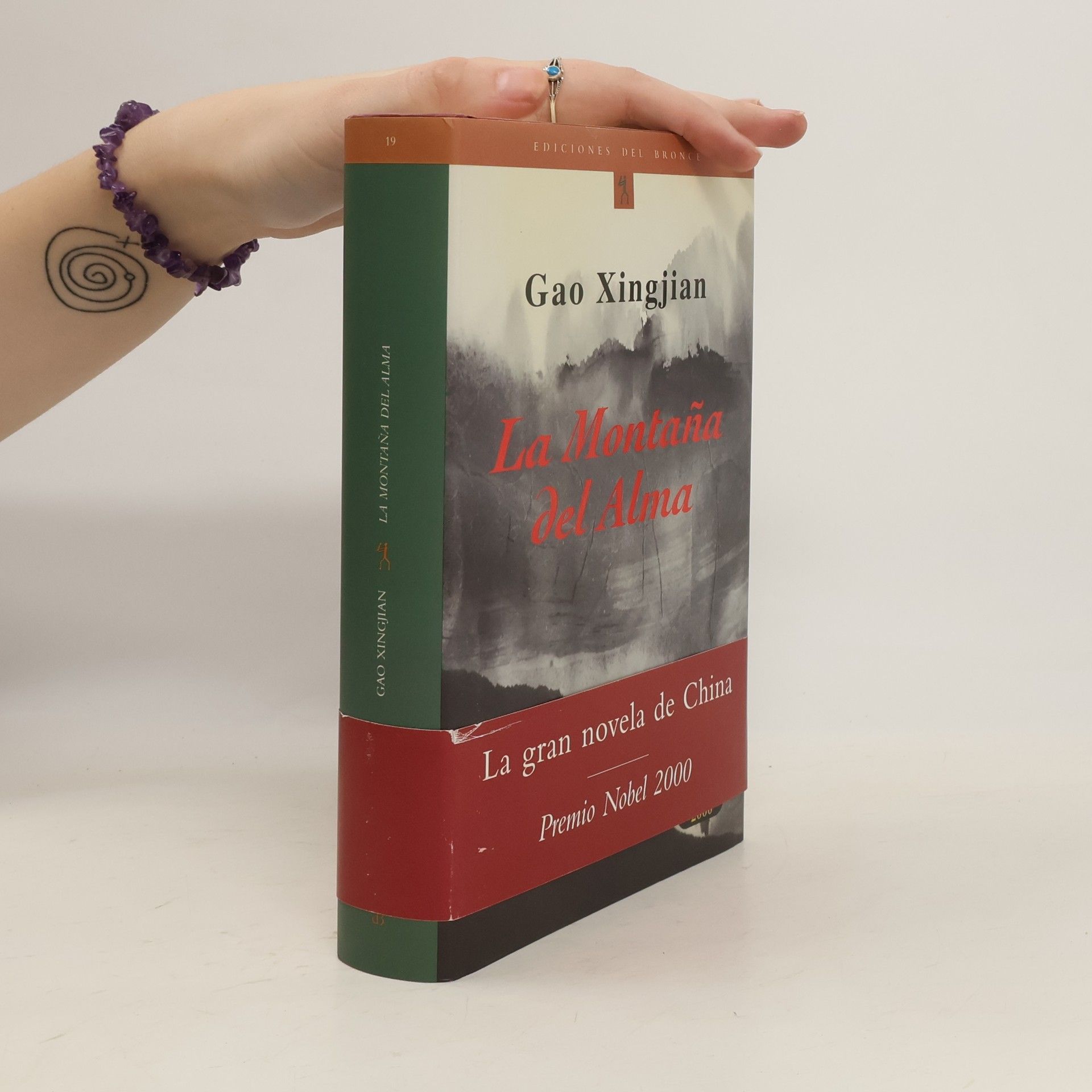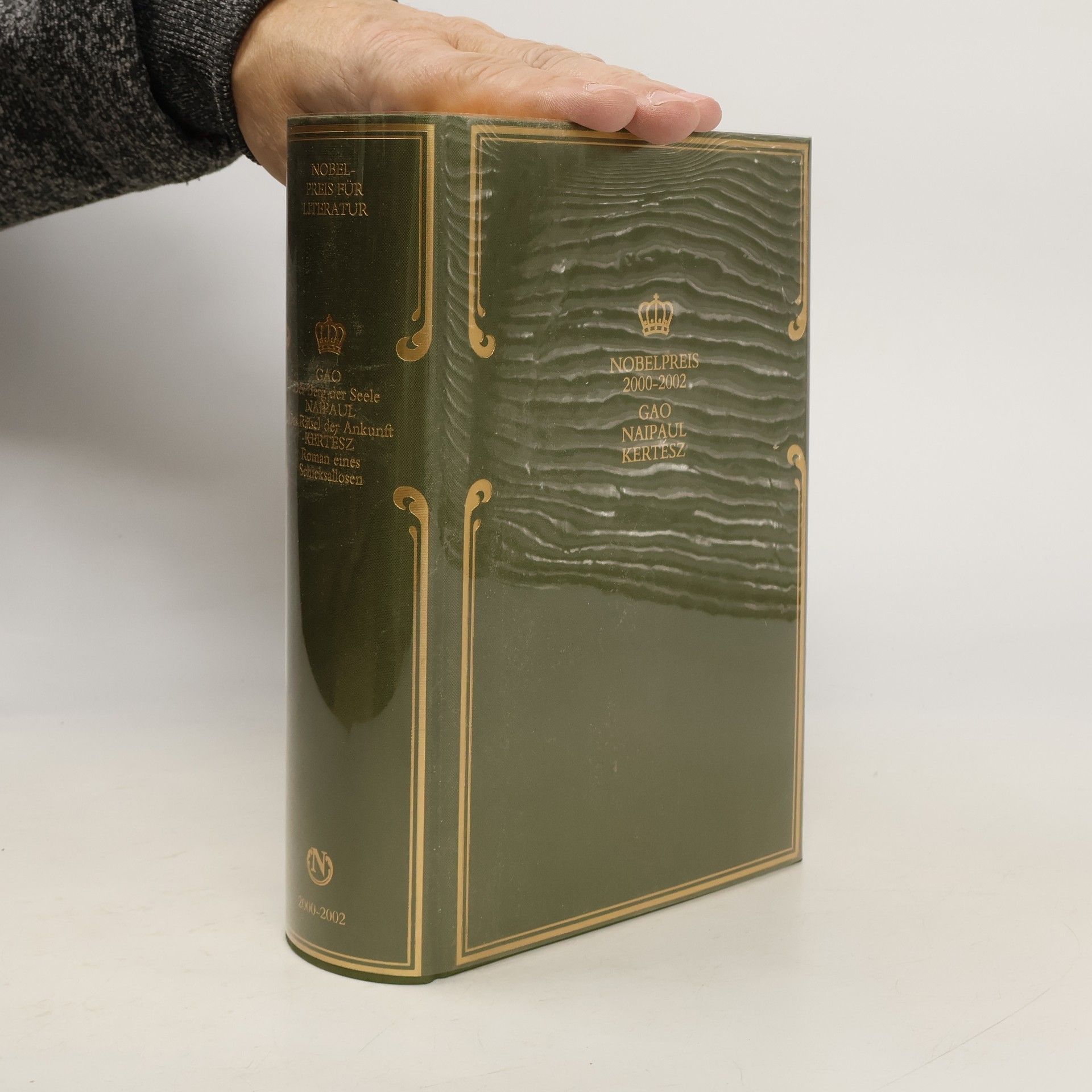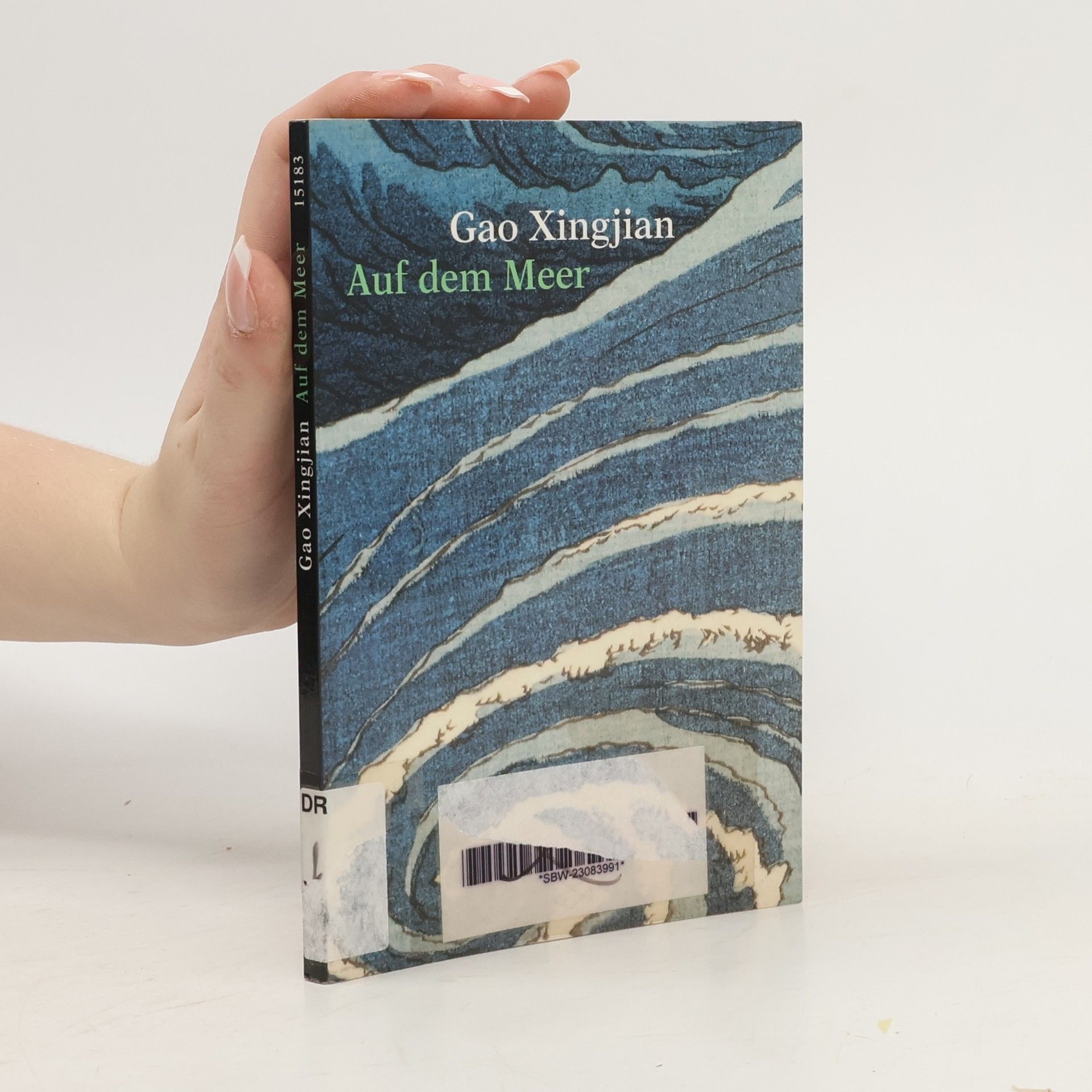La montaña del alma
- 651 páginas
- 23 horas de lectura
Este destacado escritor chino es el primero que obtiene el Premio Nobel de Literatura, en su país. Sólo entonces se comienza a reconocer allí su enorme talento artístico. Sus influencias apuntan en lo formal a Europa, aunque no falta la referencia a la tradición asiática cuando quiere hablar de la época que le tocó vivir. Ésta es su obra más conocida. Fue escrita entre los años 1982 y 1989. Relata la peregrinación de un etnólogo en la China Septentrional durante la Revolución, en busca de culturas originarias. La novela recuerda la idea grandiosa del romanticismo alemán en la poesía. El autor utiliza técnicas narrativas muy distintas de la ocupadas por otros creadores chinos pero, eso sí, consigue darle a todo el ambiente contado, un toque único, personal, y al mismo tiempo universal.
